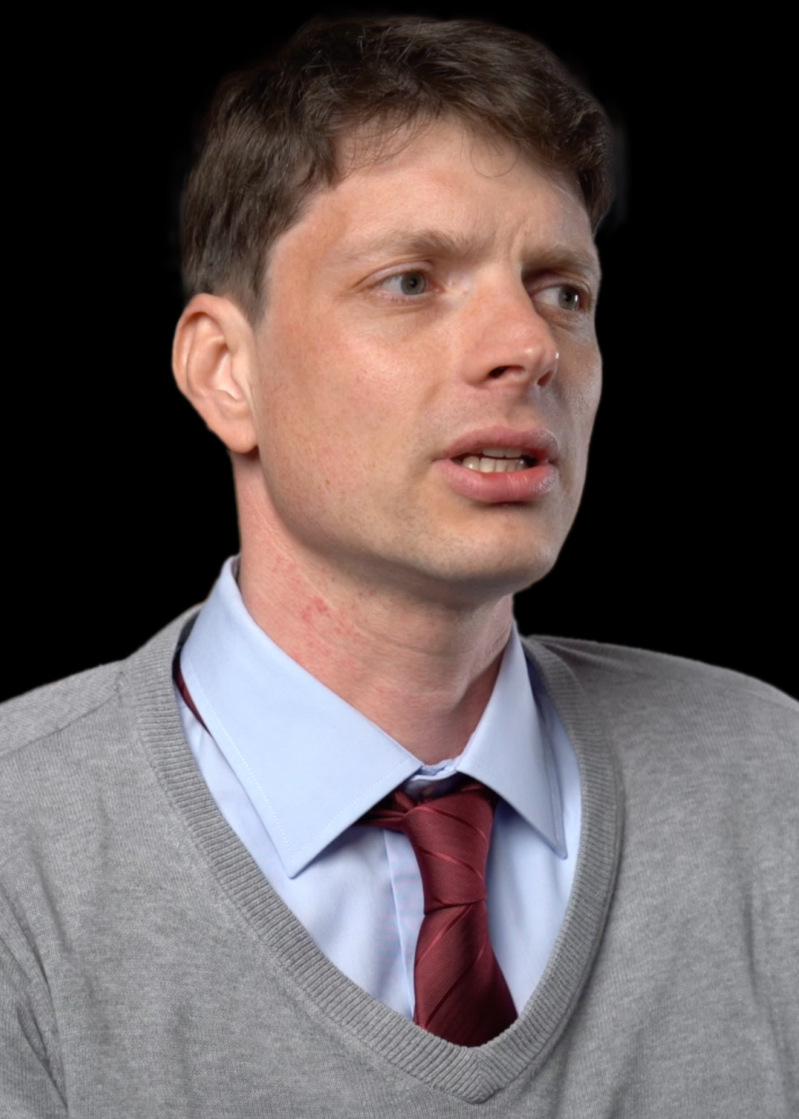|
|
| Educational Background |
2013-2017 - ETH Zürich, Ph.D. in Philosophy 2008-2012 - ETH Zürich, Ph.D. in Interdisciplinary Sciences (Physical Chemistry) 2008-2012 - ETH Zürich, Master of Arts in History and Philosophy of Knowledge 2003-2008 – ETH Zürich, Diploma (Master of Science) in Interdisciplinary Sciences (Physical Chemistry) |
| Prior Employment |
2021-2024 – Postdoc and Lecturer, Munich Center for Mathematical Philosophy, LMU Munich (Germany) 2021-2023 – Senior Research Fellow (Honorary), Florida Atlantic University (United States) 2018-2020 – Postdoc, University of California, Irvine (United States) 2014-2018 – Associated Lecturer and (Senior) Assistant, ETH Zürich (Switzerland) |
| Profile |
Robert is a philosopher and interdisciplinary scientist working on the philosophy of science, technology, and consciousness studies. His work has appeared in the Journal of Consciousness Studies, Entropy, Mind and Matter, Neuroscience of Consciousness, Synthese, and various other international journals. Robert’s research aims to establish a novel framework of thinking that can integrate scientific research, technological developments (specifically: AI), and insights generated within the humanities. It currently focuses on the interface theory of perception as well as the mathematization of phenomenology, appealing to category and network theory (topology). In the past, Robert has also carried out research in molecular quantum dynamics (physical chemistry), which has been published in leading journals in the field. He is interested in the philosophy and history of science and its contextualization within Western and Eastern philosophical worldviews. Before joining ShanghaiTech, Robert worked as a lecturer and postdoctoral fellow at ETH Zürich, the Munich Center for Mathematical Philosophy, and the University of California, Irvine. He is co-editor of the transdisciplinary journal Mind and Matter and co-organizer of the Models of Consciousness conference series. |
| Publications |
R. Prentner. Artificial Consciousness as Interface Representation, Lecture Notes in AI 16058 (Proceedings of AGI-25), 2025. R. Prentner. Mathematized Phenomenology and the Science of Consciousness, Phenomenology and the Cognitive Sciences, 2025. R. Prentner. Category theory in consciousness science: going beyond the correlational project, Synthese, 204(69), 2024. R. Prentner and D.D. Hoffman. Interfacing Consciousness, Frontiers in Psychology, Front. Psychol. 15(1429376), 2024 D.D. Hoffman, C. Prakash, and R. Prentner. Fusions of Consciousness, Entropy, 25(1), 129, 2023. R. Prentner. Dr Goff, Tear Down This Wall! The Interface Theory of Perception and the Science of Consciousness, Journal of Consciousness Studies, 28(9-10), 91-103, 2021. C. M. Signorelli, J. Szczotka, and R. Prentner. Explanatory profiles of models of consciousness - towards a systematic classification, Neuroscience of Consciousness, 2021(2), 2021. R. Prentner. Consciousness and Topologically Structured Phenomenal Spaces, Consciousness and Cognition, 70: 25-38, 2019. R. Prentner. The natural philosophy of experiencing, Philosophies, 3(4): 35, 2018. (reprinted in G. Dodig-Crnkovic and M. J. Schroeder (eds.), Contemporary Natural Philosophies – Part 1, Basel: MDPI, pp. 324-337, 2019) R. Prentner. Process Metaphysics of Consciousness, Open Philosophy, 1(1): 3-13, 2018. R. Prentner. Consciousness: A Molecular Perspective, Philosophies, 2(4): 26, 2017. |

